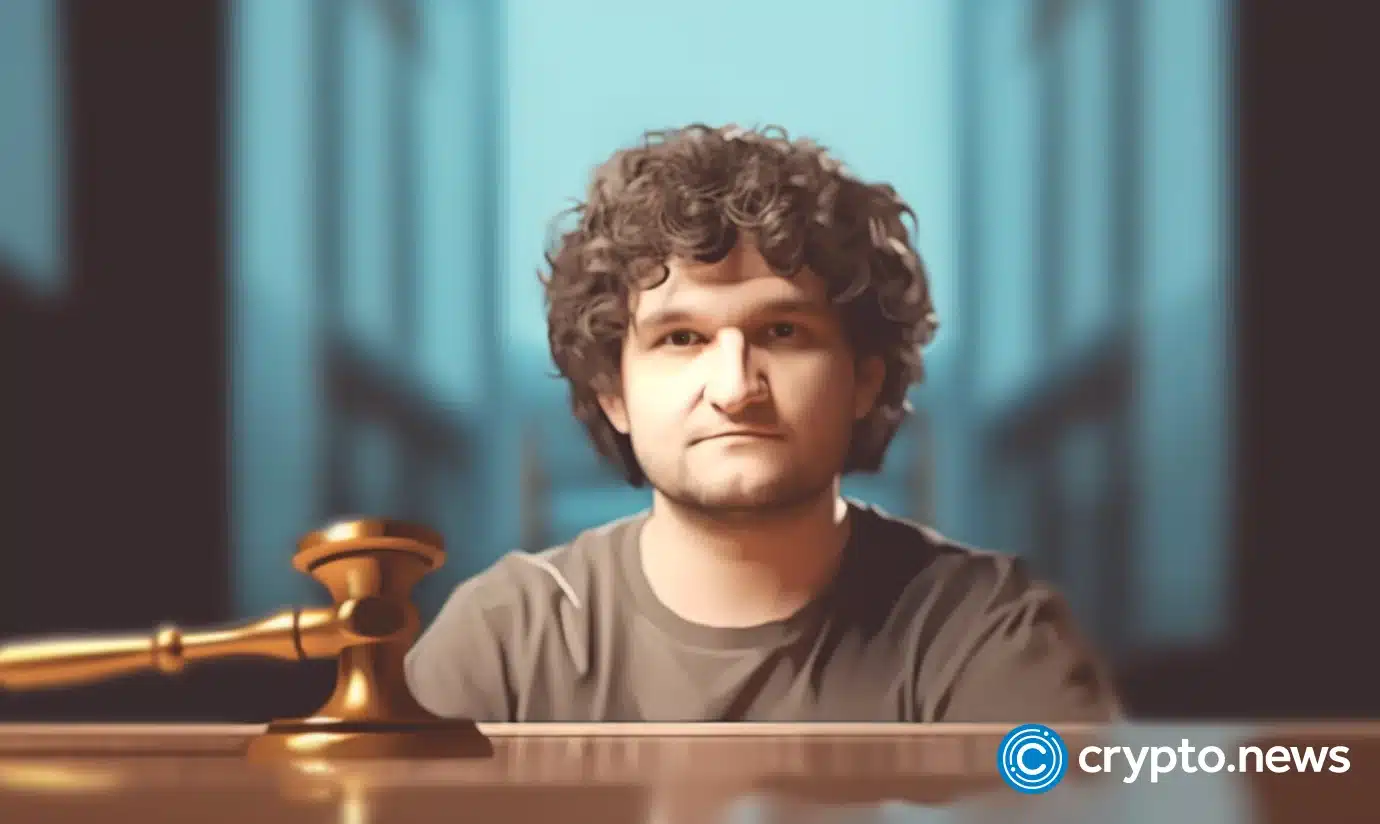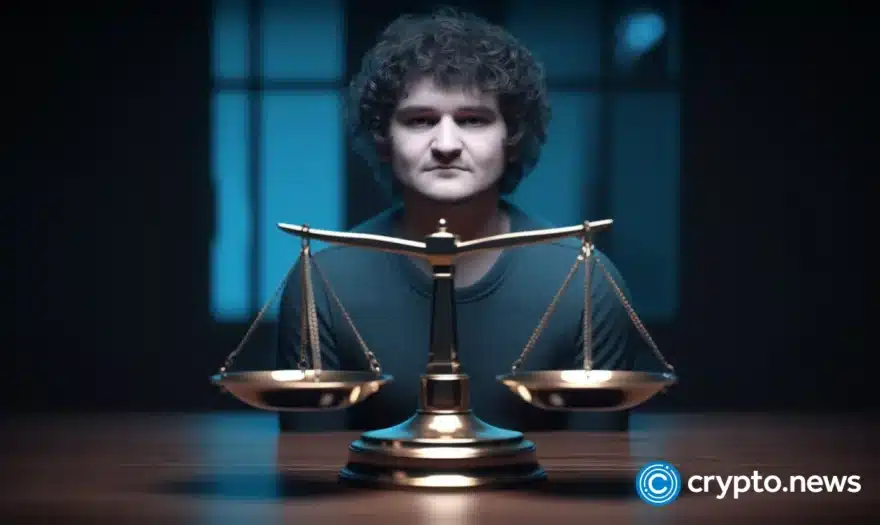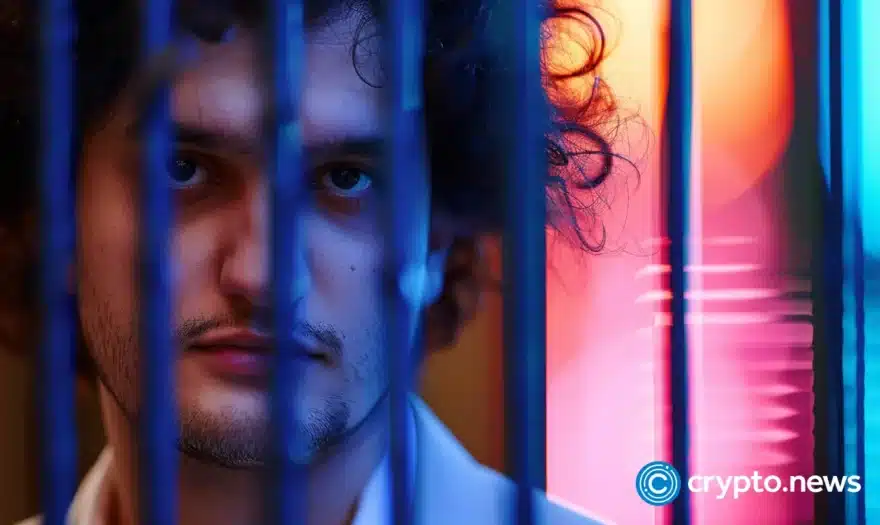‘The end of the Wild West’: What awaits crypto after the Bankman-Fried’s case

Sam Bankman-Fried’s conviction may signal a turning point, ushering in stringent regulations and a new era of transparency in the crypto world.
On Nov. 2, a jury found FTX founder Sam Bankman-Fried guilty of all criminal charges. Judge Lewis Kaplan of the Southern District of New York will hand down the final verdict on March 28, 2024.
The trial in the case of the collapsed crypto exchange FTX has already definitely gone down in history, joining the ranks of other major crimes in the crypto industry. Against the backdrop of the guilty verdict, members of the crypto community are wondering what awaits the crypto industry and how the court’s decision will change the current rules of the game.
Guilty on all counts
The jury included nine women and three men. The discussion lasted for four hours and resulted in SBF being found guilty on all seven charges, including fraud and conspiracy.
Each count carries a maximum penalty of 5 to 20 years in prison. Collectively, Bankman-Fried faces up to 115 years in prison. Sentencing is scheduled for March 28 next year.
According to The Block, SBF’s parents—Joseph Bankman and Barbara Freed—were present throughout much of the trial. The media previously said they played a key role “in turning their son from a nerd into a well-connected crypto tycoon.”
Bankman-Fried’s legal team said it respects the jury’s decision.
U.S. Attorney for the Southern District of New York Damian Williams said during a press conference following the hearing on Nov. 2 that the founder of FTX “committed one of the largest financial frauds in American history.”
Crypto industry a year after the collapse of FTX
The consequences of the bankruptcy of FTX were felt by almost all figures in the cryptocurrency market. According to experts at Crypto Fund Research, the crisis affected 25-40% of industry investment structures that invested in FTX or its utility token. We are talking about 7-12% of assets under management of funds.
Regulators in various countries were closely monitoring what was happening and were preparing to take drastic measures. On Nov. 11, the Bahamas Securities Commission blocked the assets of a subsidiary, FTX Digital Markets (FDM), and affiliated legal entities and also suspended the company’s license in the country. At the request of law enforcement, Tether Limited has blocked 46,370,701 USDT on the Tron blockchain belonging to FTX.
Numerous market participants have interacted with FTX and Alameda in various ways. One after another, companies began reporting losses. Some have completely or partially suspended operations.
However, a new trend, proof-of-reserves, has emerged on the market. It started with the Binance exchange. The initiative was supported by KuCoin CEO Johnny Liu. According to him, the company will release the relevant document “in about a month.” A similar decision was made by OKX, Gate.io and Huobi.
What will happen next?
Skybridge Capital CEO Anthony Scaramucci called the day of SBF’s sentencing “sad in every way.” At the same time, he acknowledged that “this is also a good day for justice.”
Experts interviewed by Bloomberg believe that the verdict against the founder of FTX marks the end of the era of the “Wild West exchanges.”
“The days of wild west exchanges, scammy assets, fraud, and an industry living off in the corner of the Internet are over.”
Brian Mosoff, chief executive officer of Ether Capital Corp.
Paul Veradittakit, managing partner at venture capital firm Pantera Capital, added that “regulatory clarity is necessary and beneficial to prevent situations like this.” Indeed, the bankruptcy of the crypto exchange forced American regulators to once again raise the issue of the need for more careful regulation of the crypto industry. However, to this day, this question remains open.
Dennis Kelleher, co-founder of Better Markets, believes that the verdict against Sam Bankman Freed is a condemnation of the entire crypto industry and its business model based on breaking the law in relation to a financial product that has no socially beneficial purpose.
What to expect next? The high-profile case will likely mark the beginning of a more transparent future for the cryptocurrency industry. After all, it was the bankruptcy of FTX that shed light on how many members of the crypto community can be punished for fraud, deception, and abuse of client assets.

















